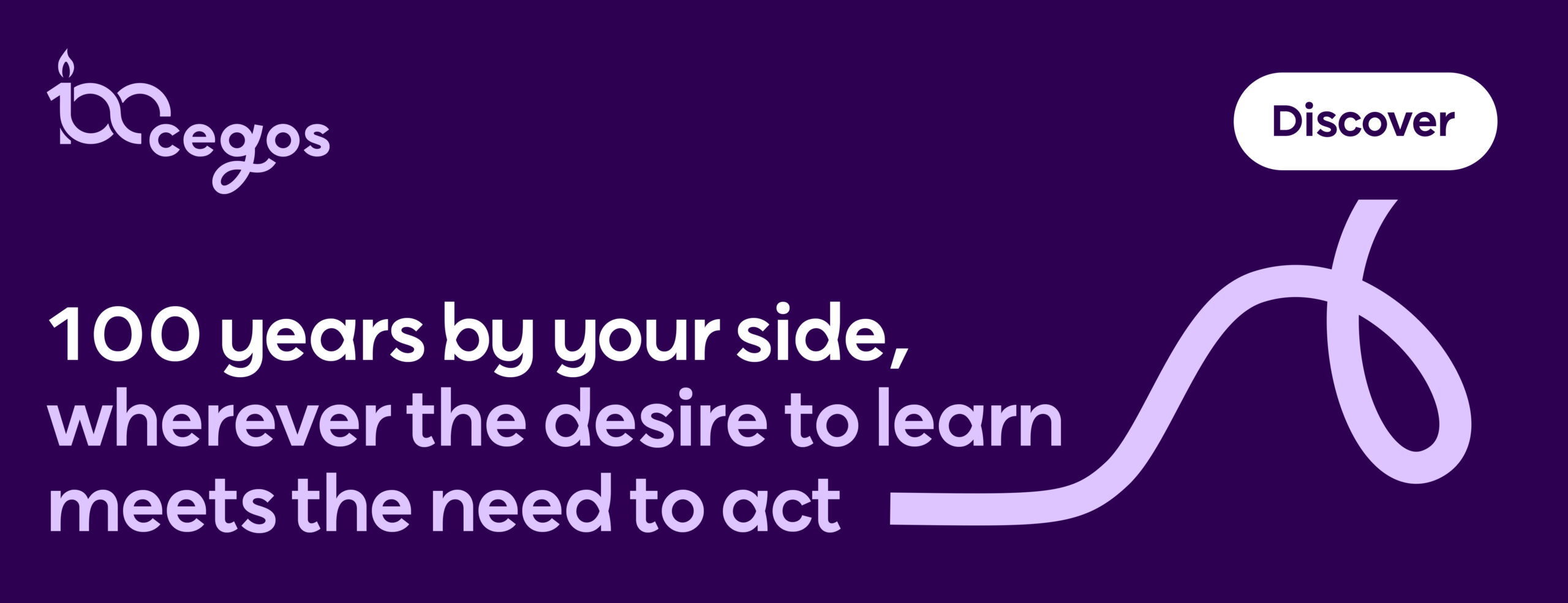Training - Becoming a Mentor
 Available languages
Available languages
2 Days
9619
Interested in this training or need a more tailored solution?
Our team is here to assist.
Our team is here to assist.
For whom ?
Who is this pro training aimed at?
For whom ?
Anyone who is set to become a mentor within their organisation.
Prerequisites
NoneProgram
The program of training
Objectives
The objectives of the training
- Understand the role and purpose of the mentor
- Adopt the right mentoring mindset and approach
- Use effective tools and techniques to support the mentoring relationship
- Create the right conditions to thrive as a mentor within your organisation
Strong points
The strengths of the training
- A training programme that continuously explores two key aspects: 'soft skills' through the behaviours and values of a mentor, and 'know-how' through the mentoring process.
- Ready-to-use tools that are immediately applicable in a professional environment after the training.
- Practical scenarios to provide a first mentoring experience in a safe and structured training setting
- This learning journey is eligible for 14 PDUs in the Power Skills area, to maintain your PMP or PgMP certification.
Becoming a Mentor


